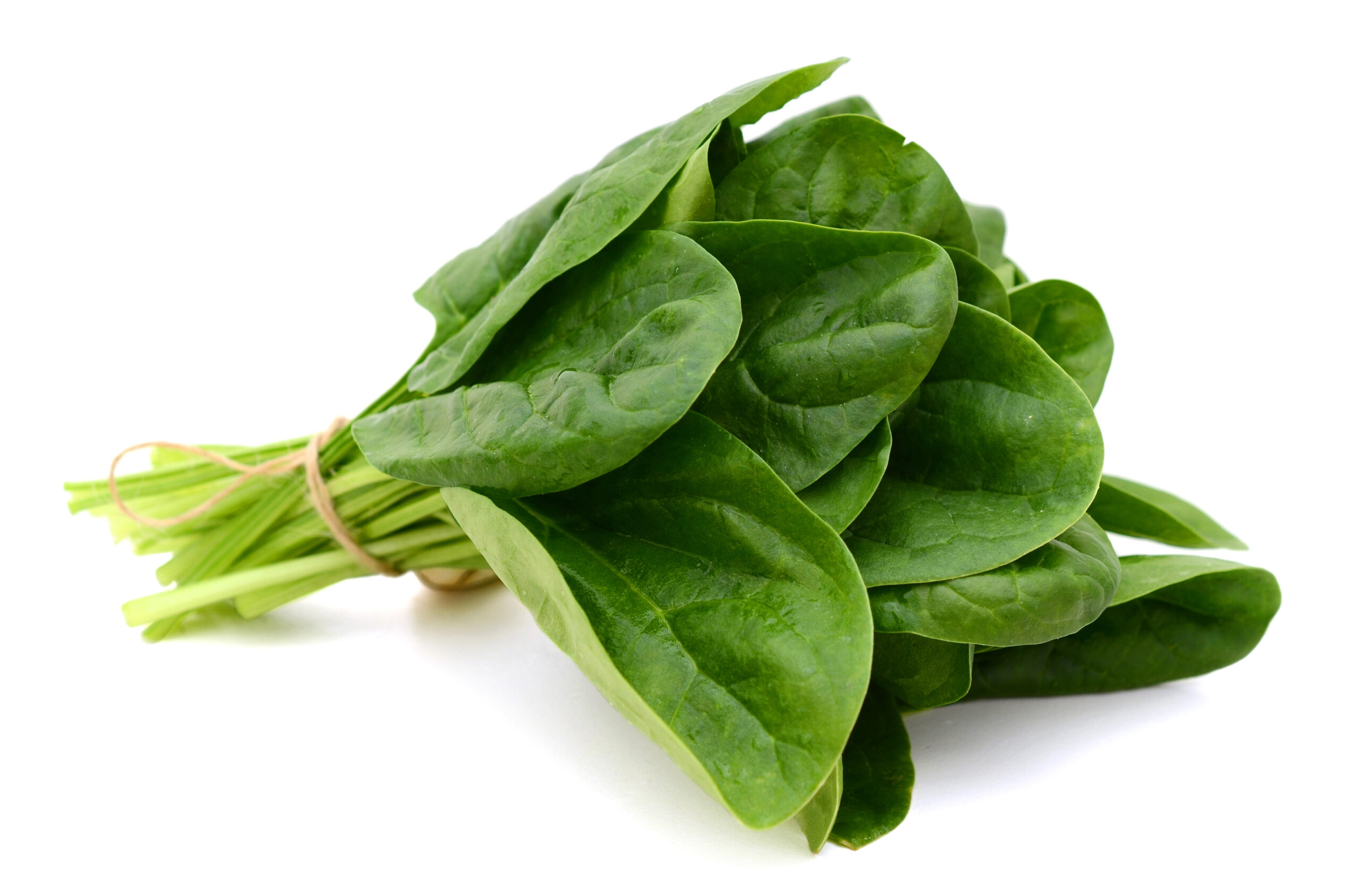Spinach, with its vibrant green leaves and versatility in the kitchen, has earned its place as one of the world’s most beloved leafy greens. Beyond its culinary appeal, spinach is celebrated for its exceptional nutritional profile and numerous health benefits. Packed with vitamins, minerals, antioxidants, and fiber, spinach is a nutritional powerhouse that can contribute to overall well-being in various ways. In this comprehensive article, we will delve into the extensive health benefits of spinach, highlighting why it deserves a prominent place on your plate.
What Nutrients Does Spinach Contain?
Spinach, scientifically known as Spinacia oleracea, is a member of the Amaranthaceae family and is native to central and western Asia. It has been cultivated for centuries and is now grown worldwide. Spinach boasts an impressive array of essential nutrients, making it a valuable addition to a balanced diet. Here are some of the key nutrients found in spinach:
- Vitamins: Spinach is rich in vitamins, particularly vitamin A, vitamin C, vitamin K1, and various B vitamins, including folate (vitamin B9). These vitamins play vital roles in immune function, skin health, blood clotting, and more.
- Minerals: Spinach provides essential minerals such as iron, calcium, magnesium, potassium, and phosphorus. These minerals are crucial for bone health, muscle function, and overall well-being.
- Antioxidants: Spinach is loaded with antioxidants, including beta-carotene, lutein, and zeaxanthin. These antioxidants help combat oxidative stress and protect the body from free radical damage.
- Fiber: Spinach is an excellent source of dietary fiber, promoting digestive health, regular bowel movements, and a feeling of fullness.
- Phytonutrients: Spinach contains various phytonutrients like quercetin and kaempferol, which have anti-inflammatory and anti-cancer properties.
Health Benefits of Spinach
Here are some of the many health benefits of Spinach…
Heart Health
Spinach contributes to heart health in several ways. The potassium in spinach helps regulate blood pressure by relaxing blood vessels and reducing the risk of hypertension. The antioxidants and dietary fiber in spinach also play a role in maintaining heart health by reducing oxidative stress and lowering LDL (bad) cholesterol levels.
Bone Health
Spinach is a good source of vitamin K1, which is essential for bone health as it helps with calcium absorption and bone mineralization. Regular consumption of spinach can contribute to stronger bones and reduced fracture risk.
Digestive Health
Spinach’s high fiber content supports digestive health by preventing constipation and promoting regular bowel movements. A healthy gut is essential for overall well-being.
Weight Management
Spinach is a low-calorie food that is high in fiber and water content. This combination makes it an excellent choice for weight management by promoting a feeling of fullness and controlling calorie intake.
Eye Health
The carotenoids lutein and zeaxanthin found in spinach are essential for eye health. They protect the eyes from damage caused by ultraviolet light and oxidative stress, reducing the risk of age-related macular degeneration and cataracts.
Anti-Inflammatory Effects
Chronic inflammation is linked to various health issues. Spinach contains compounds like quercetin and kaempferol, which have potent anti-inflammatory effects. Regular consumption of spinach may help alleviate symptoms associated with conditions like arthritis and inflammatory bowel disease.
Blood Sugar Control
Spinach’s fiber and antioxidants can contribute to better blood sugar control. It helps stabilize blood sugar levels, making it a valuable addition to the diet of individuals with diabetes or those looking to prevent blood sugar spikes.
Cognitive Health
The folate (vitamin B9) in spinach is important for cognitive function and mental health. It plays a role in neurotransmitter production and may help reduce the risk of cognitive decline.
How to Incorporate Spinach Into Your Diet
Incorporating spinach into your daily routine is easy and can be done in various ways:
- Fresh Spinach: Add fresh spinach leaves to your salads, sandwiches, or wraps. Baby spinach is tender and milder in flavor, making it an excellent choice for salads.
- Smoothies: Blend a handful of spinach into your morning smoothies for an extra nutrient boost without altering the taste significantly.
- Cooked Dishes: Include spinach in various cooked dishes such as omelets, frittatas, stir-fries, soups, and pasta sauces. Spinach wilts quickly and pairs well with other ingredients.
- Stuffed Vegetables: Use spinach as a filling for stuffed vegetables like bell peppers or mushrooms.
- Spinach Pesto: Create a unique pesto sauce by blending spinach with garlic, olive oil, nuts, and Parmesan cheese.
- Side Dish: Sauté spinach with garlic and a touch of olive oil for a quick and nutritious side dish.
- Smoothie Bowls: Top your smoothie bowls with fresh spinach leaves for added color and nutrition.
Spinach Health Benefits Conclusion
Spinach, with its wealth of vitamins, minerals, antioxidants, and fiber, is a nutritional powerhouse that offers a multitude of health benefits. Whether you’re aiming to support heart health, promote bone strength, manage your weight, or simply nourish your body with essential nutrients, spinach can play a significant role in achieving your health and wellness goals.
Incorporating spinach into your diet can be both delicious and rewarding. By embracing this green leafy vegetable as a staple in your meals, you can savor its remarkable health benefits while enjoying the versatility it brings to your culinary creations. Spinach is more than just a side dish; it’s a green treasure trove of nutrients that can help you achieve a healthier and more vibrant life. So, why not make spinach a regular feature on your plate and savor the many advantages it offers to your overall well-being?
Here are some superfood supplements that contain large dosages of spinach: Top Greens Powders
REFERENCES
- Health.com
- WebMD
- Healthline
- Functional properties of spinach (Spinacia oleracea L.) phytochemicals and bioactives
- Effect of Spinach, a High Dietary Nitrate Source, on Arterial Stiffness and Related Hemodynamic Measures: A Randomized, Controlled Trial in Healthy Adults
- The effect of spinach supplementation on exercise-induced oxidative stress
- Composition, efficacy, and safety of spinach extracts
I’m not just a supplement analyst. I’m an extremely qualified one! I am a Certified Nutrition Coach (CNC) and actually received my certification directly from the National Academy of Sports Medicine. I am also a Nutrition & Wellness Consultant, certified by the American Fitness Professionals Association (AFPA).



